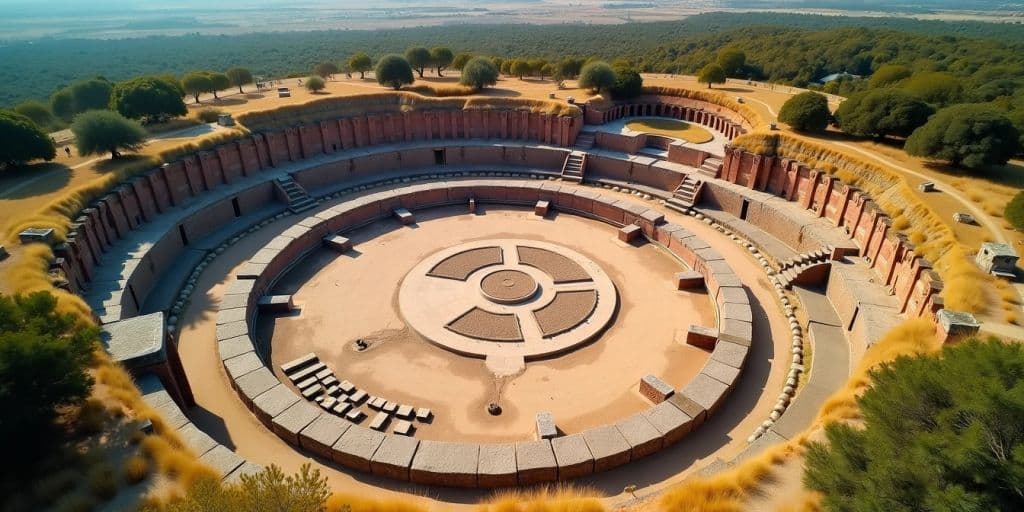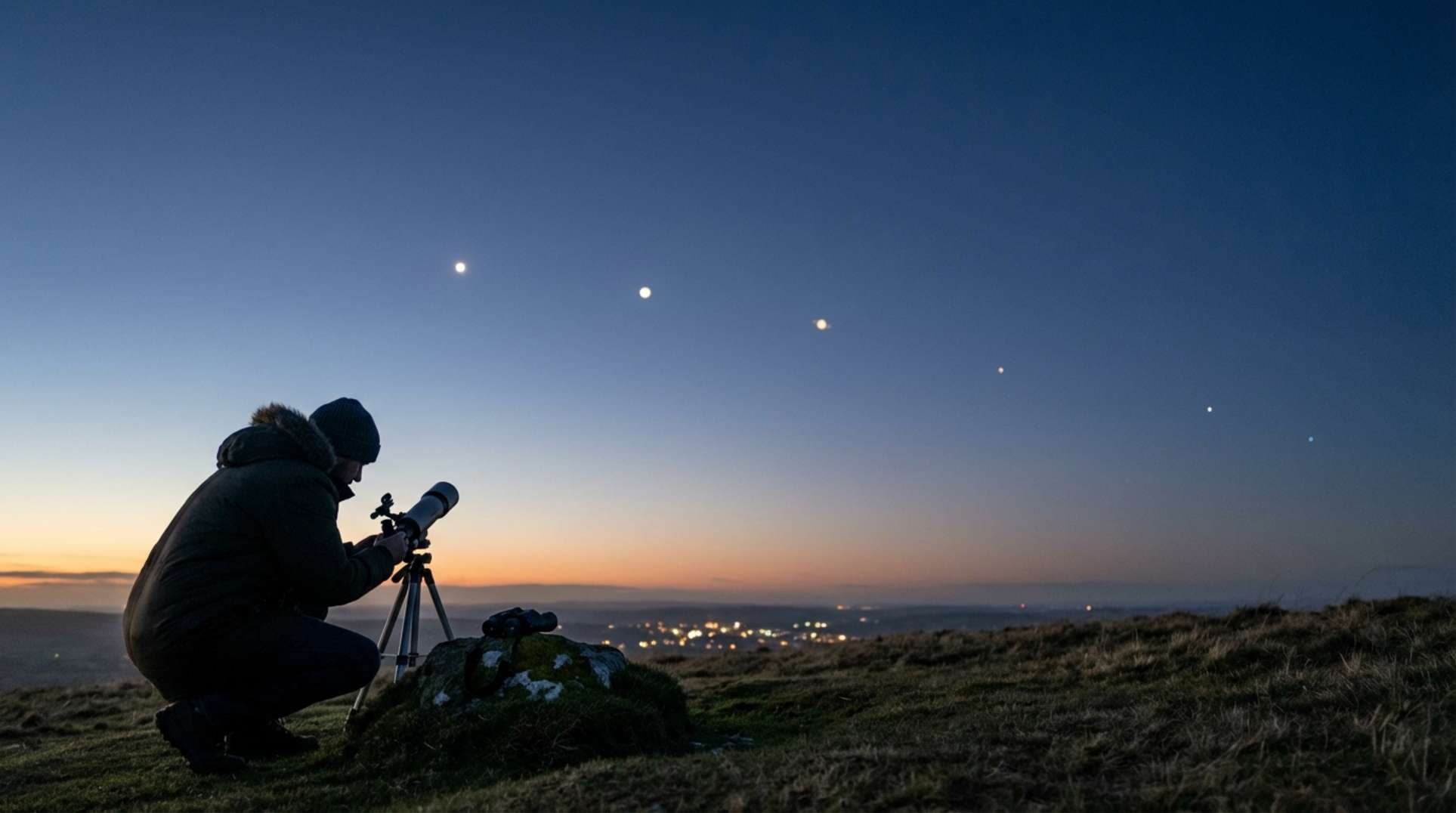The discovery of Tell ‘Abr 3 has opened a fascinating window into the Pre-Pottery Neolithic A period, a time characterized by unique architectural styles and cultural practices. Located near the Euphrates River in Syria, this site has revealed remarkable insights into ancient human life, dating back approximately 11,000 years.
Key Takeaways
- Tell ‘Abr 3 is a significant archaeological site from the Pre-Pottery Neolithic A period.
- The site features sophisticated architecture and a variety of artifacts.
- Communal buildings indicate social and ritual functions.
- The aurochs played a vital role in the culture of the inhabitants.
Understanding The Pre-Pottery Neolithic A
The Pre-Pottery Neolithic A (PPNA) spanned from 9,600 to 8,700 BC and was first defined by Kathleen Kenyon through her work at Jericho. This period is marked by:
- Circular-based architecture
- Distinctive chipped stone artifacts
- Cup-hole mortars
- Shallow burials beneath structures
The PPNA was succeeded by the Pre-Pottery Neolithic B (PPNB), where rectangular structures became prevalent, and evidence of domesticated plants and animals began to emerge. While Göbekli Tepe is the most renowned site from this era, Tell ‘Abr 3 is equally compelling yet lesser-known.
The Discovery of Tell ‘Abr 3
Excavations at Tell ‘Abr 3 began over 20 years ago after rising waters of the Euphrates revealed ancient architectural remains. Key findings include:
- Sophisticated construction techniques
- A variety of tools and decorated objects
- Rich ornamentation
The site is strategically located about 15 km from the Turkish border, making it a crucial link between various archaeological sites in the region.
Architectural Marvels
The architecture at Tell ‘Abr 3 showcases advanced building techniques:
- Materials Used: Stone, wood, and mud
- Building Types: Circular and oval structures, with some being subterranean
One notable structure is a circular dwelling with a 3-meter diameter, featuring an exterior wall of stone rubble and an earthen floor, indicating careful architectural planning.
Communal Building B2
Among the most intriguing structures is Building B2, a communal space with:
- Circular plan: 10 to 12 meters in diameter
- Pit-like floor: Dug 1.5 meters into the soil
- Decorated walls: Coated with mud and adorned with ancient fingerprints
Inside, a perimeter bench and evidence of grain storage suggest it served both social and ritual functions. The artistic elements include:
- Sculpted slabs depicting leopards and geometric motifs
- Wooden post holes indicating a roof structure
Communal Building M1
Another significant structure, Building M1, features:
- Diameter: 7.9 meters, sunken by 1.1 meters
- Fire damage: Similar to Building B2, indicating a catastrophic event
- Artifacts: Including limestone basins and a decorated vase
The presence of aurochs skulls and bones within the building hints at their ritual significance, further emphasizing the cultural importance of these animals.
The Role of Aurochs
The aurochs, a wild ancestor of domestic cattle, played a crucial role in the lives of the inhabitants:
- Symbolic significance: Represented in art and architecture
- Ritual practices: Evidence of bones hidden within structures suggests they held a special place in the community’s beliefs
Conclusion
Tell ‘Abr 3 is a remarkable site that sheds light on the complexities of early human societies during the Pre-Pottery Neolithic A. Its architectural sophistication and rich array of artifacts highlight the cultural practices of the time. As research continues, it becomes increasingly clear that this site, along with others like Göbekli Tepe, is essential for understanding the broader narrative of human history. Exploring these ancient sites not only enriches our knowledge but also deepens our appreciation for the ingenuity of our ancestors.




